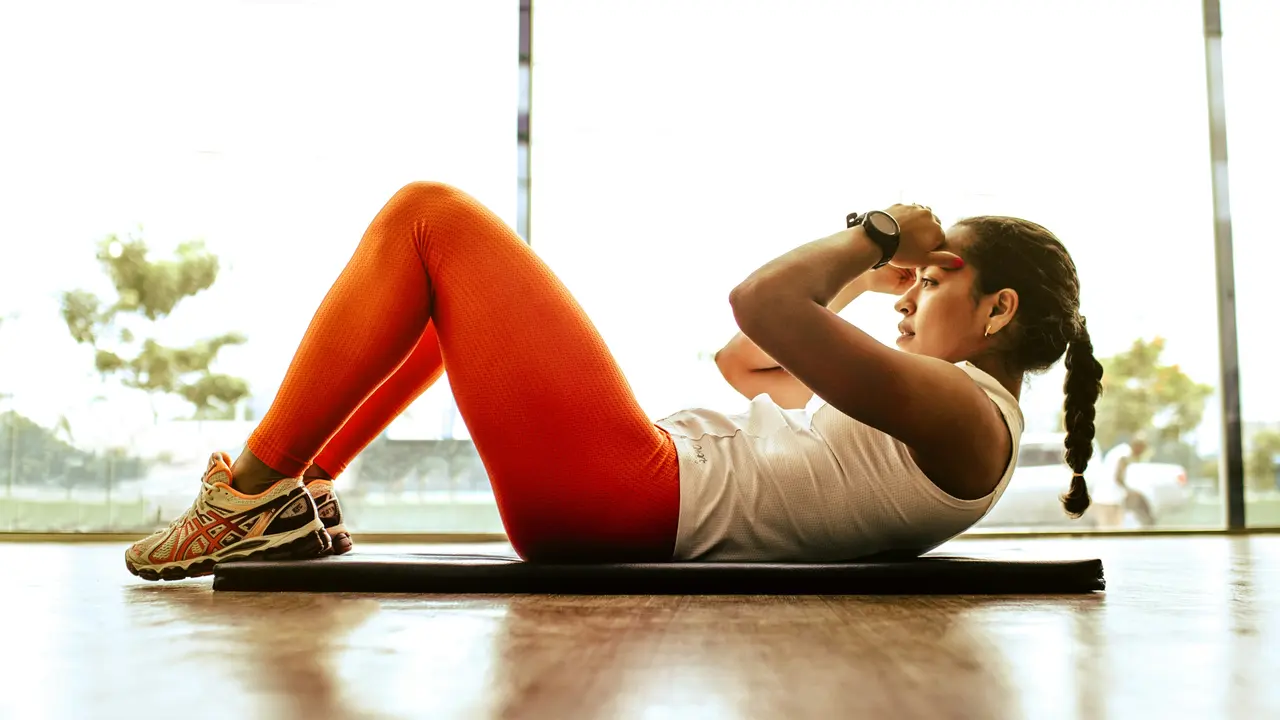Are you curious about how long do shoulders take to recover from workout? Understanding the recovery time for your shoulder muscles is essential to optimize your workout routine and prevent injuries. In this article, we will explore recovery times, factors affecting recovery, and tips to enhance your shoulder rehabilitation process.
Understanding Recovery: How Long Do Shoulders Take to Recover from Workout?
Typical Recovery Time for Shoulders
The recovery time for shoulders varies from person to person, but generally, it can range from 24 to 72 hours. Factors such as the intensity of the workout, individual fitness levels, and overall health play a significant role in determining how long do shoulders take to recover from workout. Most lifters can expect soreness and stiffness within this time frame.
When to Expect Full Recovery
While minor soreness may resolve in a few days, full recovery may take up to a week or more, especially after an intense workout session. It’s crucial to listen to your body and gauge your readiness before returning to your routine. Those who may experience prolonged discomfort should consider consulting a healthcare professional.
Factors Influencing Shoulder Recovery Time
Workout Intensity and Volume
Higher intensity workouts that involve heavy lifting or complex movements can lead to longer recovery times. Similarly, greater workout volume, which includes multiple sets and repetitions, can contribute to elevated muscle fatigue. Both factors are vital in assessing how long do shoulders take to recover from workout.
Age and Fitness Level
Age and overall fitness level can significantly affect recovery time. Generally, younger individuals or those who are more physically active may recover faster due to better muscle health and flexibility. In contrast, older adults may experience slower recovery rates due to decreased muscle elasticity and slower metabolic processes.
Nutrition and Hydration
Proper nutrition and hydration play a critical role in muscle recovery. Consuming a balanced diet rich in protein, vitamins, and minerals helps repair the muscle fibers damaged during workouts. Staying hydrated is also essential, as fluids aid in nutrient transportation and muscle function.
- Include lean proteins: chicken, fish, beans.
- Incorporate healthy fats: avocados, nuts, seeds.
- Consume carbohydrates for energy: whole grains, fruits, vegetables.
Enhancing Shoulder Recovery Post-Workout
Active Recovery Techniques
Engaging in active recovery techniques can help expedite the recovery process. Gentle stretching, yoga, or light cardio can improve blood flow to the shoulder area and promote healing. These activities can alleviate stiffness and keep the muscles mobile.
Rest and Sleep
Rest is crucial for muscle regeneration. Ensure you’re getting adequate sleep each night, as this is when the body performs most of its healing. Aim for 7-9 hours of quality sleep to allow your shoulders to recuperate effectively.
Physical Therapy and Recovery Tools
Utilizing physical therapy or specialized recovery tools, such as foam rollers or massage guns, can aid in muscle recovery. These tools help reduce tension and soreness, thus potentially shortening the time required for shoulders to recover from workout.
Signs Your Shoulders Are Ready to Return to Workout
Reduced Pain and Discomfort
One of the clearest signs that your shoulders are ready for another workout is the reduction of pain and discomfort. If you can perform shoulder movements without any tightness, you may be prepared to resume your routine.
Improved Range of Motion
Your shoulders should regain a full range of motion as they recover. If you can perform lifting exercises or overhead movements effortlessly, this is a positive indicator that your shoulders are ready for action.
Muscle Strength Restoration
The restoration of muscle strength is a significant indicator. If you feel strong and capable of lifting weights comparable to your pre-workout levels, it’s a good sign that your recovery process is effective.
Final Thoughts on Shoulder Recovery
In conclusion, understanding how long do shoulders take to recover from workout is essential for any fitness enthusiast. Recovery time can range from 24 to 72 hours, influenced by various factors, including workout intensity, age, nutrition, and active recovery techniques. Always listen to your body and consider gradual returns to prevent injury. For more tips on optimizing your workouts and recovery, explore our other articles and share your findings with fellow fitness lovers!
Workout – Recent Articles
- How to Motivate Yourself to Workout Alone: Top Tips Inside!
- Is Shoveling a Good Workout? Discover the Surprising Benefits!
- Do You Drink Electrolytes Before or After Workout? Find Out!
- Can You Workout After Giving Plasma? Find Out Now!
- Can I Workout 30 Min After Eating? Discover the Truth!
Workout – Useful Links
- CDC – Steps for Getting Started With Physical Activity
- Mayo Clinic – Fitness program: 5 steps to get started
- Healthline – How to Start Exercising: A Beginner’s Guide to Working Out
- Verywell Fit – Strength Training: A Beginner’s Guide to Getting Stronger
- ACE Fitness – Sticking to an Exercise Program: 25 Tips to Achieve Exercise Success
